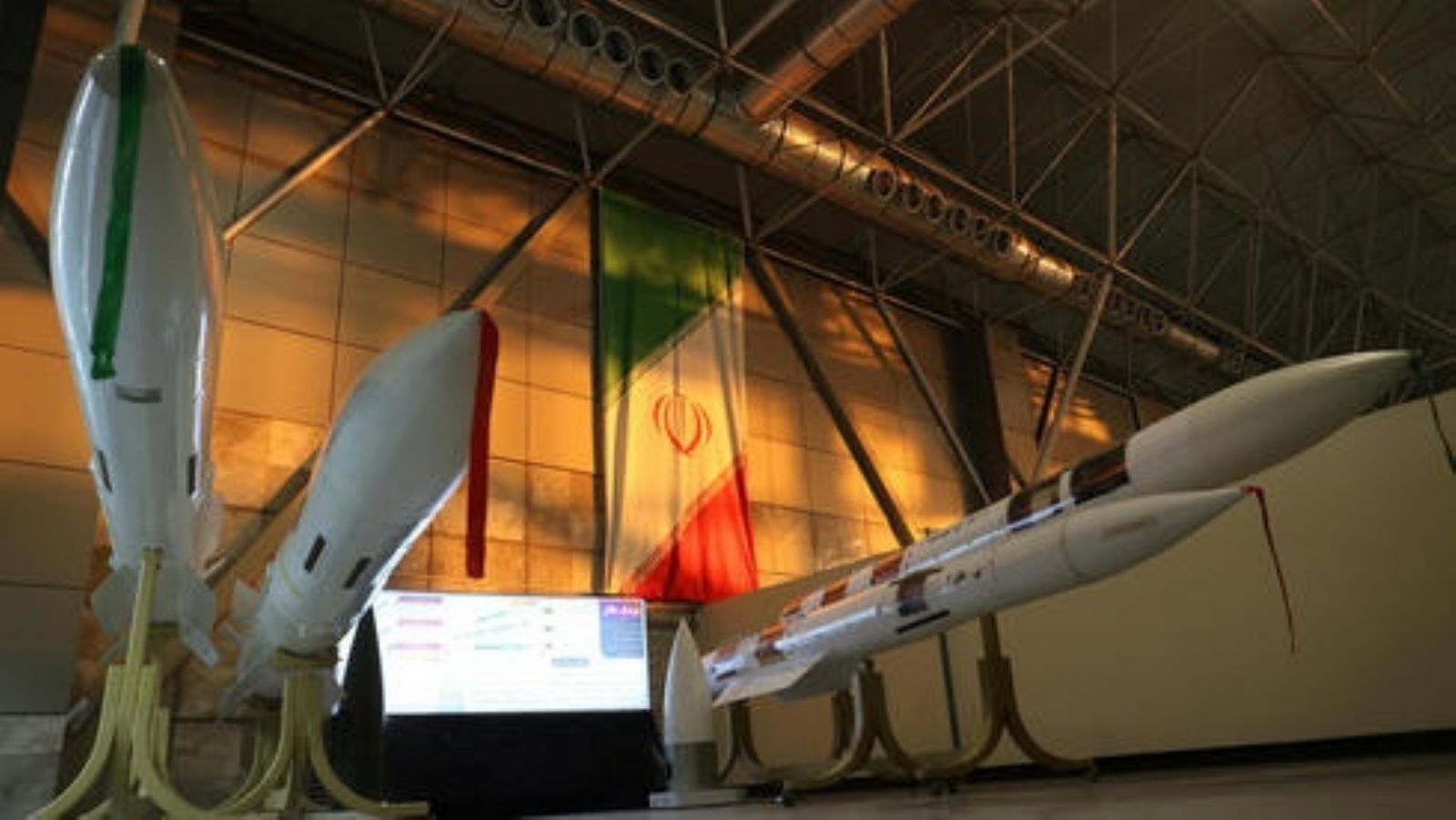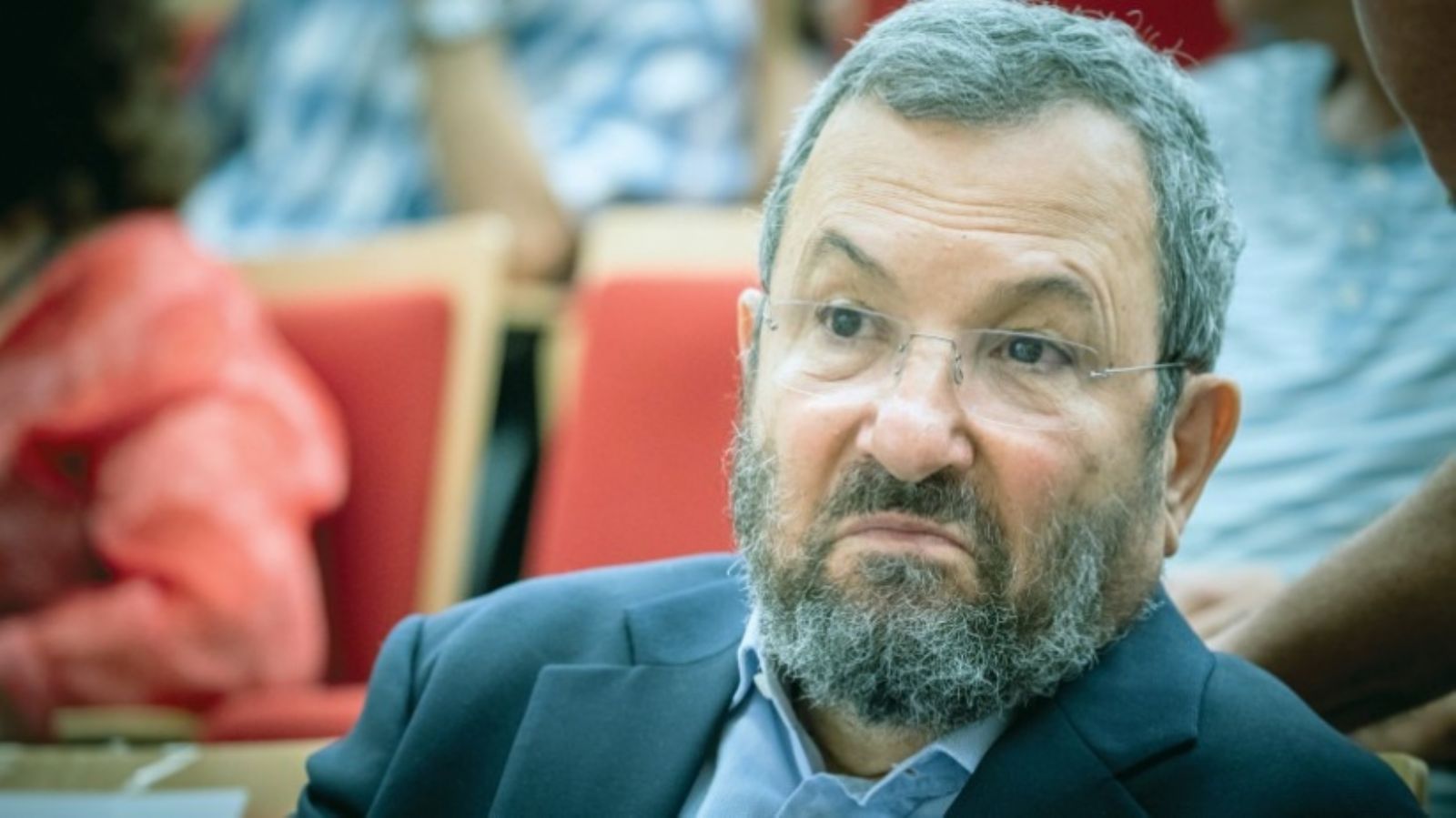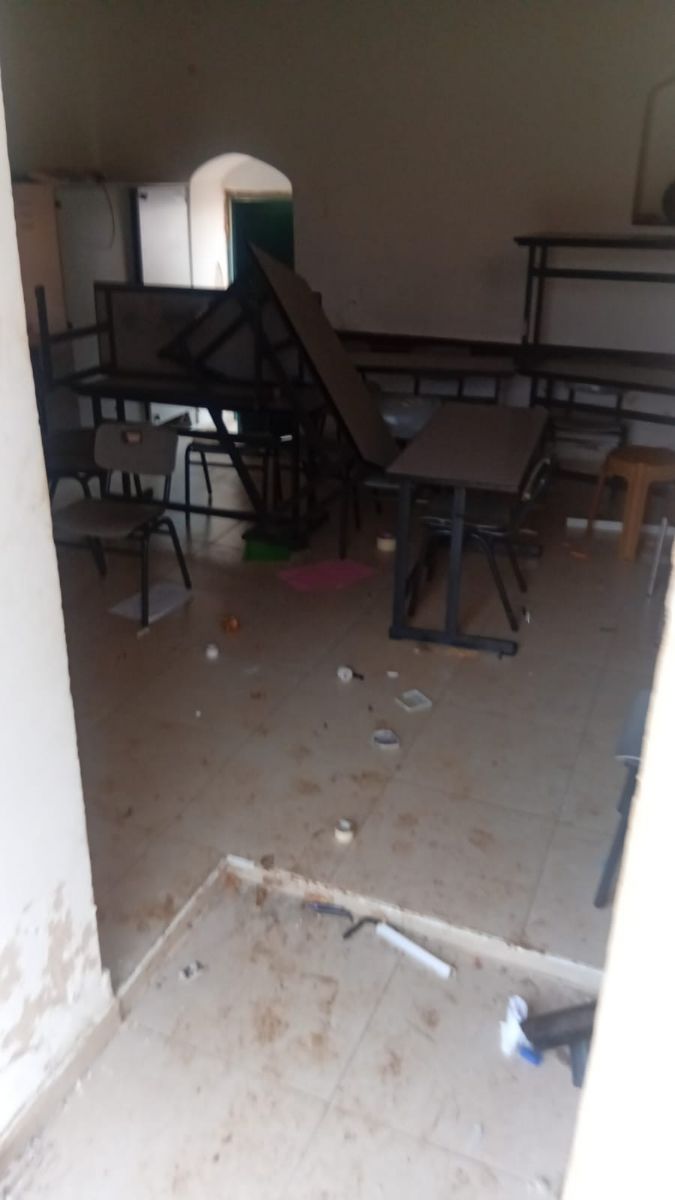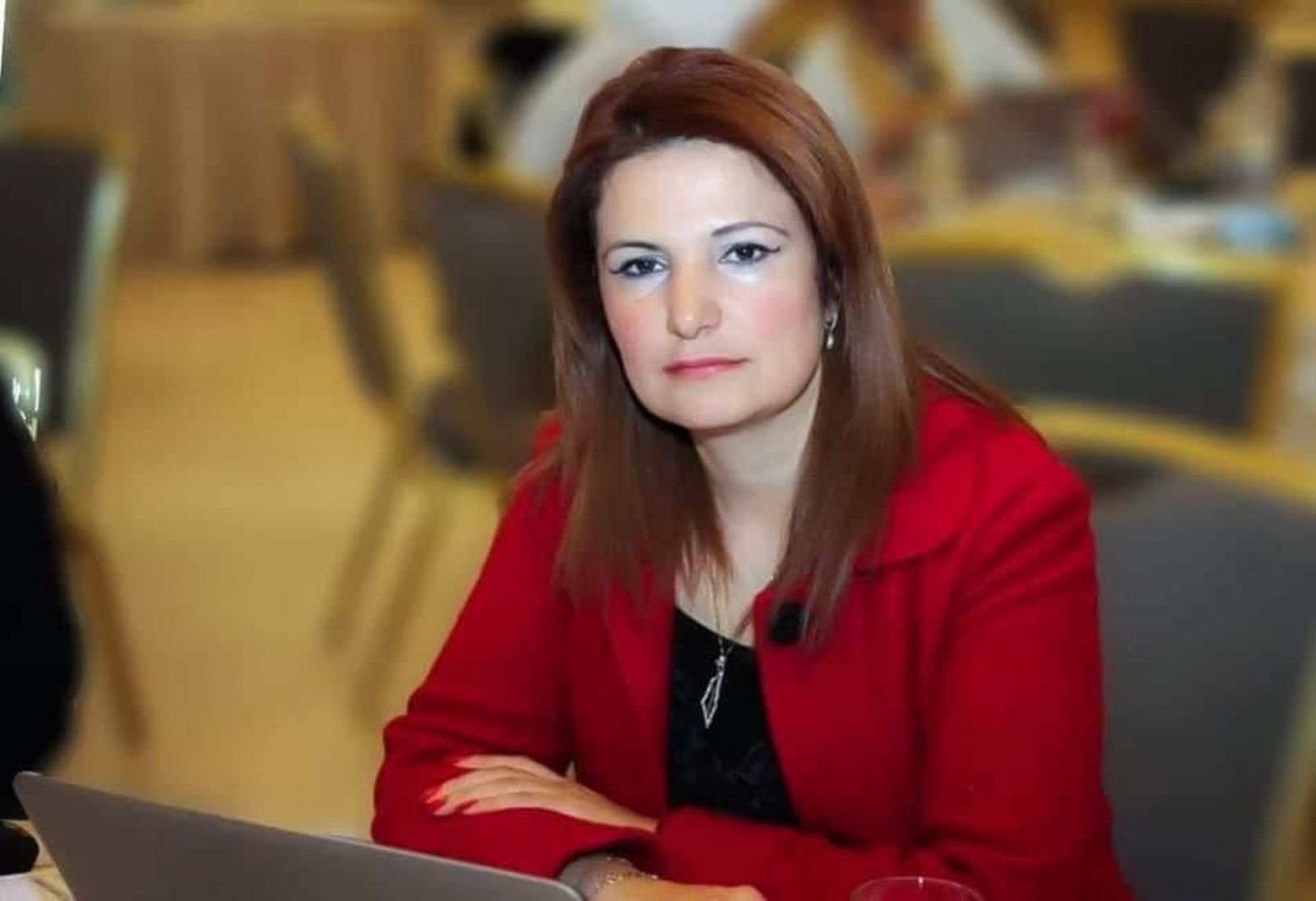
An Israeli military court has sentenced a Palestinian resistance fighter to four life sentences after three settlers were killed in an illegal outpost last year, according to Ynet News.
Omar Al-Abed was convicted in December of three counts of murder after an attack in July in the settlement of Halamish. He was also convicted of the attempted murder of a fourth settler and of incitement and stone-throwing. In addition to his sentencing yesterday, he was also ordered to pay the family 1.8 million shekels ($510,000) in compensation.
The three-judge panel also demanded in their sentencing that 19-year-old Al-Abed would not be released in any future prisoner exchange deal, with one of the judges arguing that he should be sentenced to death.
The deadly incident took place on the Day of Rage when three Palestinians were killed during demonstrations which erupted in occupied East Jerusalem after Israeli occupation forces installed high tech surveillance systems and metal detectors at the doors of Al-Aqsa Mosque.
Al-Abed announced on Facebook his intentions to carry out the attack as an act of retribution for the Israeli measures and the ensuing violent crackdown on peaceful protesters.
Since the attack, Israeli forces have demolished Al-Abed’s family home and targeted his hometown of Kobar in multiple military raids, while six of Al-Abed’s family members, including his mother, face charges of having advanced knowledge of the attack.
Read: Israel shoots dead Palestinian teen near Hebron settlement
Ahead of the sentencing, the family of the victims also accused the Palestinian Authority (PA) of inciting such attacks through their policy of compensating the families of Palestinian prisoners and those who have been killed by Israeli forces.
"The State of Israel is facing the Palestinian Authority, which explicitly incites the murder of Jews through every means at its disposal. It created a delusional situation in which the murder of Jews has become an easy way of getting money, a solution for personal and social problems, and more," the court heard.
Palestinian officials have defended the payments to relative as support to those “who lost their breadwinners to the atrocities of the occupation, the vast majority of who are unduly arrested or killed by Israel”.
In the aftermath of a resistance attack, the families of the alleged perpetrators often find their homes being demolished, their relatives arrested and their land taken. Amnesty International is one of many human rights groups that have repeatedly condemned such reprisals as a form of “collective punishment”.
Consequently, many Palestinians find themselves reliant on the benefits from the PA in order to survive.
Last week, the Israeli Defence Ministry proposed a bill that would see Israel deduct money from the PA in protest of the payments given to the families; the money would instead be reallocated to finance projects that arrest and detain Palestinians deemed suspicious and improve civil infrastructure for settlers.
Source: Quds Press International News Agency
Translated by: Middle East Monitor
In collaboration with the Palestinian Media Forum








